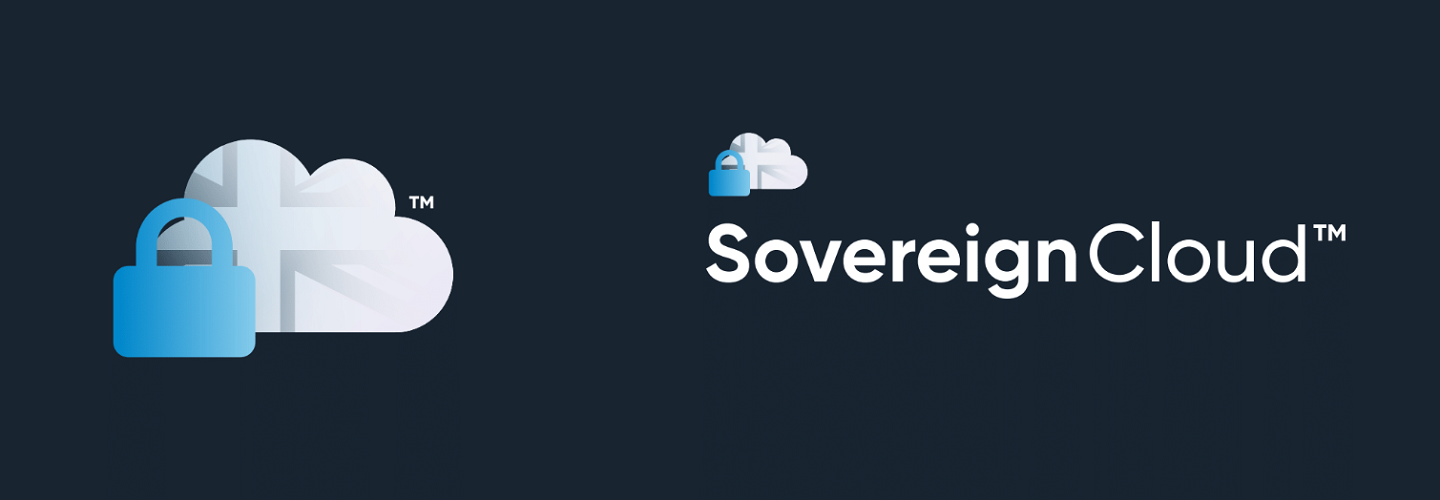
Summary
- Cloud computing has emerged as a game-changer for businesses of all sizes
- It’s essential to understand your business’s unique requirements
- The Big Three: AWS, Azure, and Google Cloud
- Choosing the best cloud platform for your business is a significant decision that requires careful consideration
- Remember that cloud adoption is not a one-size-fits-all approach
- Your decision should align with your organisation’s objectives, budget, technical expertise, and compliance requirements.
- Consider the potential for future growth and the flexibility of the chosen cloud platform
Introduction
In the ever-evolving landscape of technology, cloud computing has emerged as a game-changer for businesses of all sizes. The benefits of moving to the cloud are numerous: scalability, cost-efficiency, flexibility, and improved collaboration, to name a few. However, with the multitude of cloud providers available today, determining the best fit for your business can be a daunting task. As a company specialising in end to end IT services and solutions, we have produced a guide to walk you through the decision-making process and help you answer the pivotal question: How do you know what the best cloud platform is for your business?
Assessing Your Business Needs
Before diving into the specifics of cloud platforms, it’s essential to understand your business’s unique requirements. Consider these key factors:
1. Business Objectives: Start by identifying your short-term and long-term goals. Are you looking to reduce costs, increase agility, enhance security, or improve disaster recovery? Your objectives will shape your cloud strategy.
2. Workloads: Examine your existing applications and workloads. Are they suited for cloud migration, or do they require significant modification? Some applications may be better suited for a specific cloud platform.
3. Compliance and Security: Depending on your industry, you may have stringent compliance requirements. Ensure that the cloud provider you choose can meet these demands while also providing robust security features.
4. Budget: Determine your budget constraints and evaluate the cost structure of each cloud platform. Cloud pricing can be complex, so it’s crucial to understand how each provider charges for their services.
5. Scalability: Assess your scalability needs. Do you expect rapid growth, or do you require the ability to scale up and down quickly based on demand?
6. Geographical Reach: Consider your global presence and whether the cloud provider has data centres in regions that are important to your business.
7. Technical Expertise: Evaluate your in-house technical skills. Some cloud platforms may align better with your team’s expertise, while others might require additional training.
Now that you have a clearer picture of your business needs, let’s explore the leading cloud providers and how they align with these requirements.

The Big Three: AWS, Azure, and Google Cloud
Amazon Web Services (AWS), Microsoft Azure, and Google Cloud Platform (GCP) are the three major players in the cloud industry. Each has its strengths and weaknesses, making them suitable for different business scenarios.
1. Amazon Web Services (AWS):
Scalability: AWS is renowned for its scalability, making it an excellent choice for businesses with unpredictable or rapidly changing workloads.
Global Reach: AWS has data centres in regions across the world, making it a great option for businesses with a global footprint.
Service Variety: AWS offers an extensive range of services, from computing and storage to AI and machine learning, making it suitable for various use cases.
Technical Depth: AWS is known for its technical depth, which can be both a strength and a challenge. It may require a higher level of technical expertise to manage effectively.
Pricing Complexity: Some users find AWS pricing complex to understand, so cost management can be a challenge.
2. Microsoft Azure:
Hybrid Cloud: Azure seamlessly integrates with on-premises systems, making it a top choice for businesses that require a hybrid cloud setup.
Enterprise Focus: Azure is well-suited for large enterprises and integrates seamlessly with Microsoft products, such as Windows Server and Active Directory.
Compliance: Azure provides robust compliance and security features, making it suitable for industries with more regulatory requirements.
Developer-Friendly: Azure has strong support for development tools and languages, making it a favourite among some developers.
Cost Management: Azure’s pricing is often more straightforward to understand than AWS, which can help with cost management.
3. Google Cloud Platform (GCP):
Data Analytics: GCP excels in data analytics and machine learning, making it a top choice for businesses looking to leverage data-driven insights.
Open Source Emphasis: GCP has a strong focus on open-source technologies, which can be appealing to businesses with a preference for open-source solutions.
Global Network: Google’s extensive global network ensures low-latency access to its services.
Containerisation: GCP offers robust container orchestration with Kubernetes, making it a favourite for containerised workloads.
Smaller Ecosystem: While GCP is growing rapidly, it has a smaller ecosystem compared to AWS and Azure, which may affect the availability of third-party integrations.

Choosing the Right Cloud Platform
Now that we’ve examined the strengths of the major cloud providers, how do you make the final decision? Here are some steps to help you choose the right cloud platform for your business:
1. Evaluate Service Offerings: Assess which cloud provider offers the specific services your business needs. Consider your workloads and requirements carefully.
2. Cost Analysis: Conduct a detailed cost analysis to understand the pricing structure of each cloud provider. Take into account your budget and long-term financial goals.
3. Technical Skills: Consider the skills and expertise of your IT team. If you have a team experienced with a particular cloud platform, that may influence your decision.
4. Compliance and Security: If your industry has strict compliance requirements, ensure that the cloud provider can meet these standards. Evaluate the security features provided.
5. Vendor Lock-In: Be aware of the potential for vendor lock-in. Consider whether your chosen cloud provider’s services are easily transferable to another platform if needed.
6. Community and Support: Research the community and support options available for each provider. A strong community can provide valuable insights and assistance.
7. Pilot Testing: Consider conducting pilot tests or proofs of concept with one or more cloud providers to evaluate how well they meet your business needs.
8. Backup and Disaster Recovery: Assess the backup and disaster recovery capabilities of each provider. Data integrity and availability are critical.
9. Future Growth: Think about your business’s growth trajectory. Will your chosen cloud provider support your scalability needs in the long run?
10. SLAs and Contracts: Carefully review the service-level agreements (SLAs) and contractual terms of each provider. Ensure they align with your business’s expectations and requirements.
Conclusion
Choosing the best cloud platform for your business is a significant decision that requires careful consideration. AWS, Azure, and Google Cloud all offer compelling features and services, but the right choice ultimately depends on your unique business needs and goals.
Remember that cloud adoption is not a one-size-fits-all approach and often a hybrid solution can be the end goal that works for you. Your decision should align with your organisation’s objectives, budget, technical expertise, and compliance requirements. Additionally, consider the potential for future growth and the flexibility of the chosen cloud platform.
Why not talk to us about how we can help you leverage the power of the cloud to drive innovation and growth in your business while ensuring the best possible fit for your needs.

New UK Sovereign Cloud Platform
Our new UK Sovereign Cloud platform which will ensure that your data is protected and kept sovereign complete with all the relevant assurances.
Get in touch with our sales team today!
Email- sales@claritas-solutions.co.uk
Phone- 0330 333 88 33
Or complete the online contact form



